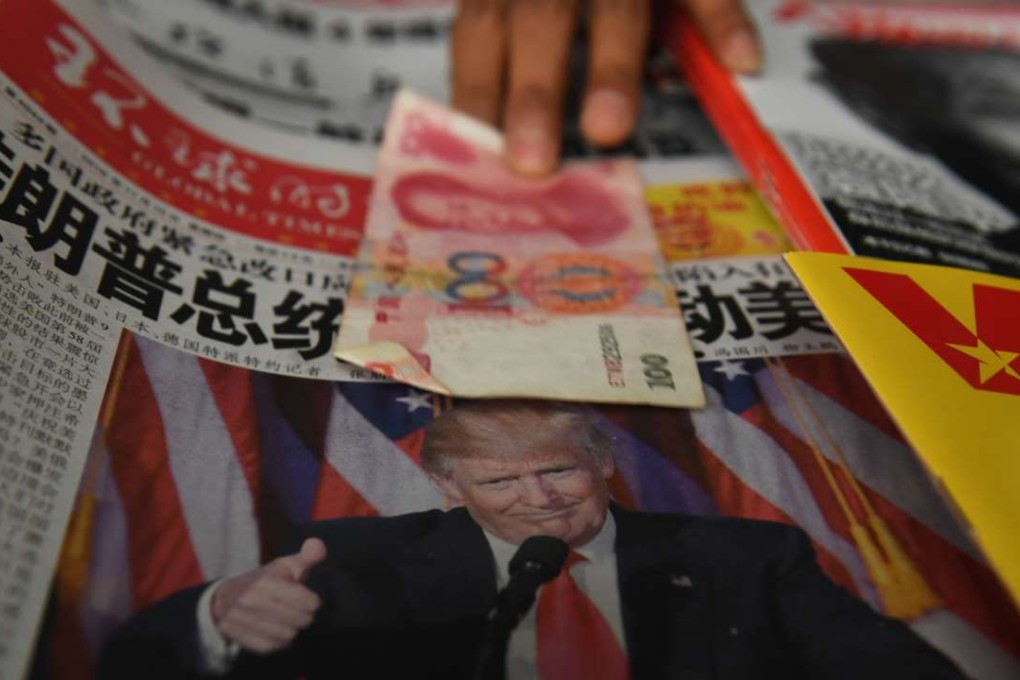Despite the rhetoric, Trump has no choice but to engage China and other nations in Asia
US president-elect had harsh words for the region while campaigning for office, but isolationist policies will more than likely backfire

There is no more important economic relationship in the world than that between China and the United States. President-elect Donald Trump will have that in mind in coming days as he puts together his team to formulate and manage American foreign and trade policy. Governing is far removed from campaigning, so it cannot be said with certainty that his anti-China rhetoric so often used to win the hearts and minds of voters will be translated into a strategy and action. Only when a cabinet is in place and speeches laying out plans given will the region know what to expect of his administration, but the US is bound to remain firmly engaged.
Isolationist sentiments expressed repeatedly by Trump while campaigning would seem to indicate otherwise. A proposed 45 per cent tariff on Chinese exports to the US and a 35 per cent penalty on American companies producing goods overseas for the domestic market are aimed at bringing back industries and jobs. He wants to scrap outgoing President Barack Obama’s regional free-trade agreement, the Trans-Pacific Partnership, of which China is not a part. Staunch allies Japan and South Korea were given notice that they could no longer count on US military protection and under his presidency, would have to fend for themselves. The Paris climate change accord, which went into force a week ago, would be put in jeopardy by his pledge that the US would withdraw. Coupled with threatened action against claimed currency manipulation by Beijing, the implications should his words be turned into policies are a likely trade war with China and the US shunning Asia.
Trump’s election is bound to bring uncertainty. A political outsider with no experience of the legislative process and foreign policy, he does not have the connections of predecessors to ensure a smooth transition. He has business skills, which will help with deal-making, but there will also be a need for diplomacy and consensus-building. He is also certain to have some different views in his quest to revive the US and that will require governments to adjust and adapt.
President Xi Jinping (習近平) and other regional leaders were quick to congratulate Trump, their focus being on working together to improve ties. For all the uncertainty, though, the fundamentals of the relationship with the US will remain the same. Trade and investment links between the US and China and other Asian nations simply run too deep for him to turn his back. There being no other part of the world with such strong growth, his country will have to remain engaged if his vision is to become reality.
